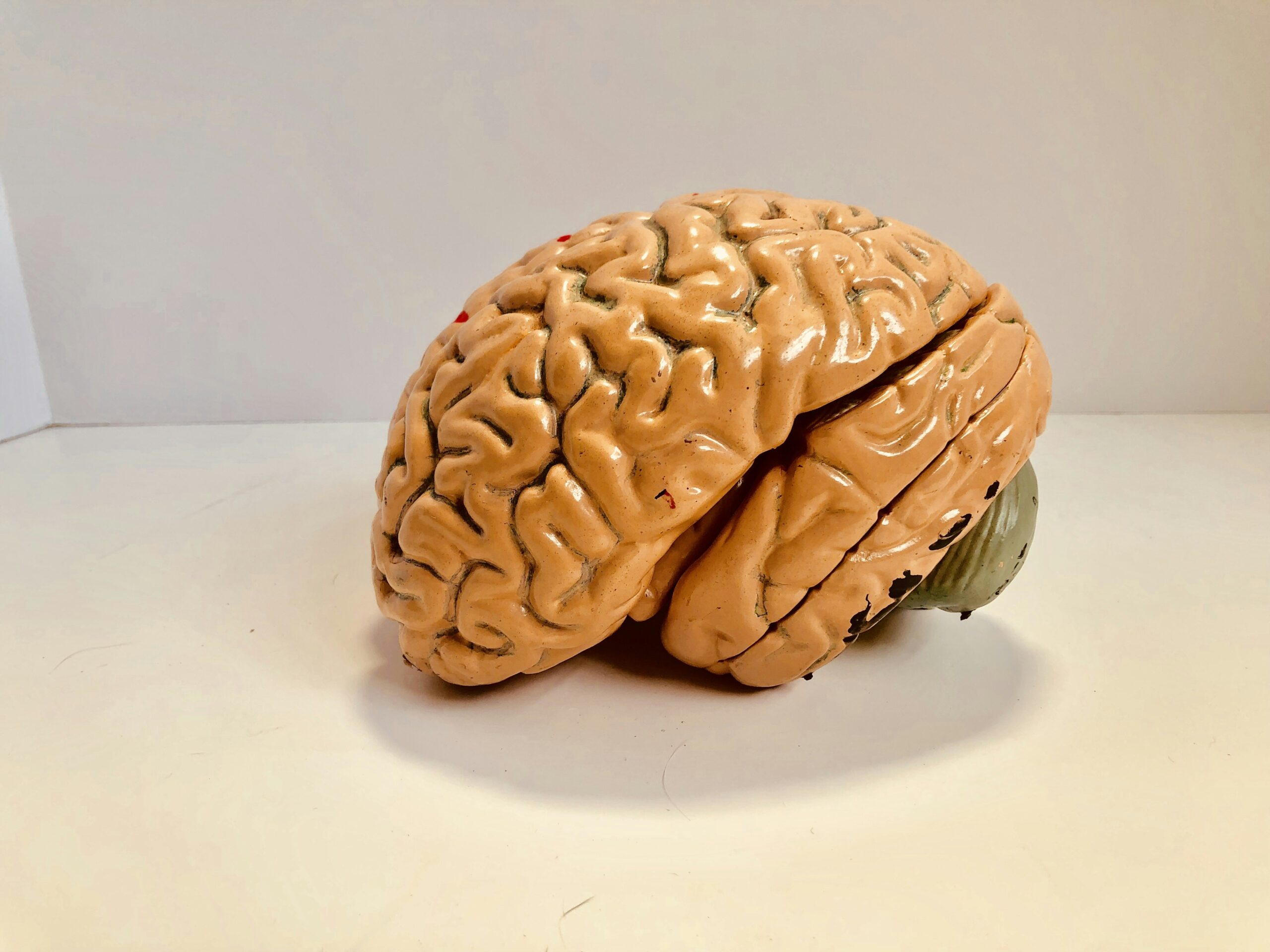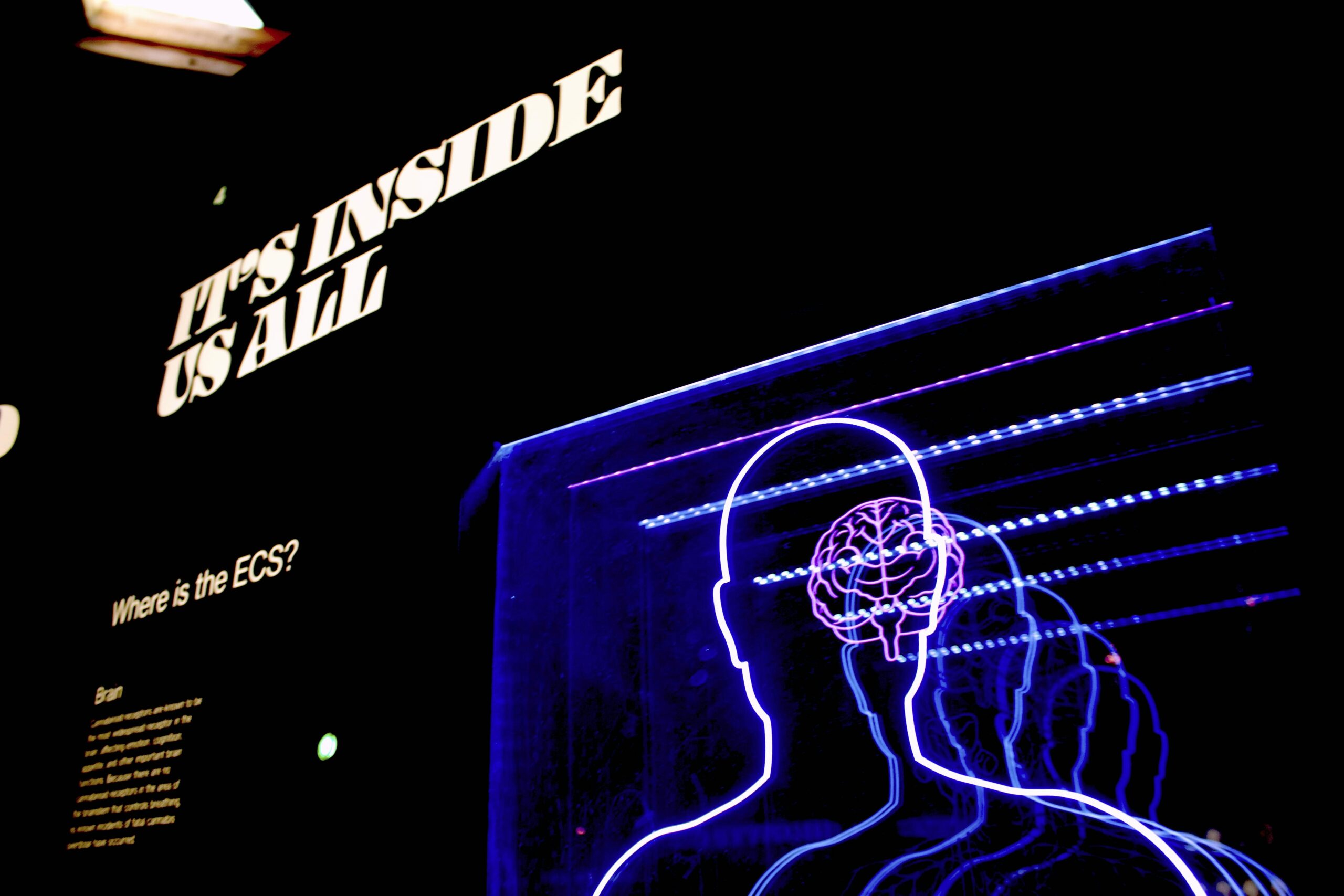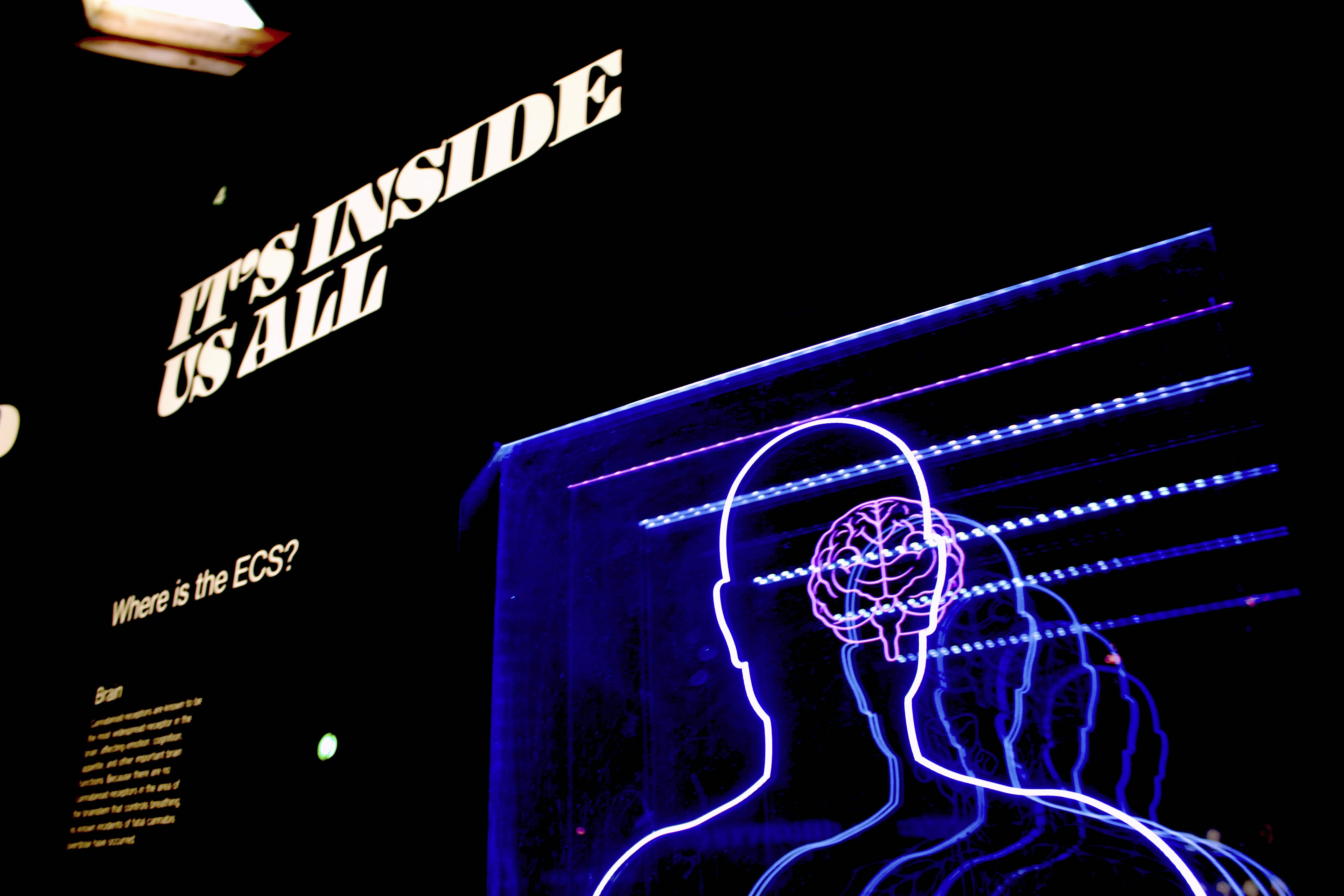Can dementia cause confusion? This question is common among those learning about dementia or those who have loved ones suffering from this condition. Understanding the link between dementia and confusion can provide valuable insights into the nature of the illness and how to better manage it.

Understanding Dementia
Dementia is a term used to describe a range of neurological conditions that affect memory, thinking, and behavior to the extent that these symptoms interfere with daily life. It is not a specific disease but rather a general umbrella for various conditions, the most common being Alzheimer's disease.
Types of Dementia
There are numerous types of dementia, each impacting cognitive function in different ways. Here are some prominent forms:
- Alzheimer's Disease: This is the most common type, characterized by plaques and tangles in the brain.
- Vascular Dementia: Results from conditions such as stroke that affect blood flow to the brain.
- Lewy Body Dementia: Involves abnormal protein deposits in brain cells.
- Frontotemporal Dementia: Affects the front and sides of the brain, often leading to personality changes before memory issues.
Symptoms of Dementia
Symptoms can vary depending on the type and stage of dementia but generally include memory loss, difficulty with communication, disorientation, difficulty with coordination and motor functions, and personality changes.
The Link Between Dementia and Confusion
Confusion is one of the hallmark symptoms of dementia. This confusion typically refers to a state of being bewildered or unclear about time, place, or identity of people, and it can manifest in several ways.
Causes of Confusion in Dementia Patients
Understanding why confusion occurs in dementia patients can help in managing and addressing the symptom effectively. Here’s a deeper look:
- Memory Loss: The primary cognitive decline in dementia directly affects memory, leading to confusion. Patients might forget familiar places or people, which can be unsettling.
- Disorientation: This refers to a state of mental confusion about time, place, and person. It is common in all stages of dementia and can cause considerable distress for patients.
- Executive Dysfunction: This is the loss of higher-order cognitive skills, such as planning, reasoning, and problem-solving. It renders the patient unable to comprehend or make judgments, leading to confusion.
- Sensory Changes: Deterioration of the senses, such as vision or hearing, can lead to misinterpretations of the environment, culminating in confusion.
Progression of Confusion in Dementia
The intensity of confusion often correlates with the progression of dementia. In early stages, patients might experience mild confusion, like forgetting names or appointments. As dementia advances, the confusion becomes more severe, leading to increased agitation and sometimes aggressive behavior.
Managing Confusion in Dementia
Confusion can be distressing not just for the patient but also for caregivers and family members. However, there are strategies to manage and reduce confusion, aiming to provide a semblance of normality and comfort.
Practical Strategies for Caregivers
Caregivers play a vital role in managing dementia-related confusion. Here are some practical strategies to consider:
- Consistent Routine: Maintaining a consistent daily routine helps reduce confusion. Predictability can be calming.
- Simplified Communication: Use simple sentences and speak slowly. Providing visual aids can also help in understanding.
- Environment Management: Keep the living environment safe and familiar. Labeling cupboards and drawers can help the patient locate items easily.
- Regular Check-ins: Regularly check in and engage in gentle conversation. This ensures they feel secure and reassured.
Medical Interventions
In some cases, medical interventions might be necessary to manage confusion effectively. These can include:
- Medications: Certain medications like cholinesterase inhibitors or memantine can help manage symptoms of dementia and subsequently reduce confusion.
- Therapies: Cognitive therapies, including reality orientation and validation therapy, can help ground patients and lessen confusion.
Addressing Underlying Causes
Sometimes, confusion can be exacerbated by factors other than dementia, such as infections, dehydration, or medication side effects. Identifying and treating these underlying causes can significantly reduce confusion.
Importance of Early Detection
Early detection of confusion and its link to dementia is crucial. Here’s why:
Early Intervention
The earlier dementia is diagnosed, the earlier treatment can begin. Early intervention can slow the progression of the disease and improve the quality of life for both patients and caregivers.
Support and Education
Early diagnosis allows time for planning and education. Families can seek support groups, educational resources, and legal advice to prepare for the future.
Symptom Management
Managing symptoms from the onset can prevent further health deterioration. Interventions can be more effective if started early, especially when it comes to managing confusion.
Living with Dementia-Related Confusion
Living with or caring for someone with dementia-related confusion involves understanding, patience, and empathy. It's a challenging journey, but with proper management and support, it can be navigated successfully.
Emotional Impact
Living with confusion can be frightening and frustrating. The emotional toll on both patients and caregivers is significant. It's essential to acknowledge and validate these feelings, offering support wherever possible.
Building a Support Network
Creating a network of support is crucial. This can include healthcare professionals, support groups, friends, and family members. A solid support network can provide practical help and emotional support, relieving some of the burdens.
Continuing Activities and Engagement
Engaging in activities can have a positive impact on dementia patients. Activities should be simple, enjoyable, and within the patient’s capabilities. These can include:
- Art and Music Therapy: These have been shown to reduce agitation and improve mood.
- Physical Activity: Gentle exercises, such as walking or stretching, can help maintain physical health and emotional well-being.
- Memory Games: Simple puzzles and memory games can help stimulate cognitive function.
Future Directions in Dementia Research
Research is ongoing to better understand dementia and find more effective treatments. Here’s an overview of some promising areas:
Biomarker Development
Scientists are working to identify biomarkers that can indicate the presence of dementia before symptoms become severe. Early identification could lead to earlier interventions.
Advanced Imaging Techniques
New imaging techniques are being developed to detect brain changes associated with dementia in its very early stages. This could revolutionize diagnosis and treatment planning.
Genetic Research
Genetic research is uncovering more about the hereditary aspects of dementia. Understanding genetic risk factors could lead to new preventative measures and treatments.

Conclusion
The link between dementia and confusion is undeniable and understanding it can make a significant difference in managing the condition. While confusion is a distressing symptom, there are numerous strategies to manage it effectively, improving the quality of life for both patients and caregivers. Early detection, ongoing research, and compassionate care are key to navigating this challenging condition. With the right approach, it is possible to provide a supportive and safe environment for those living with dementia.


